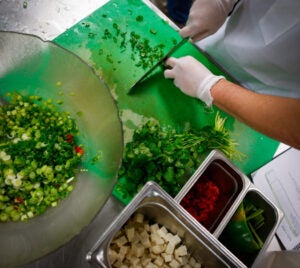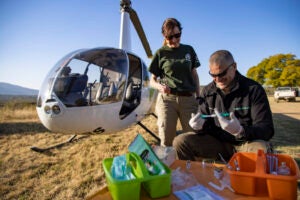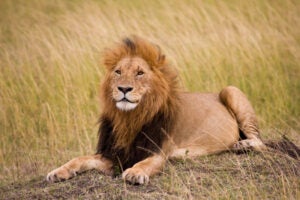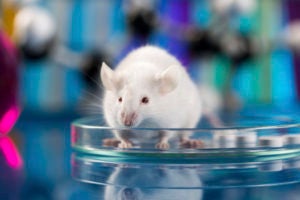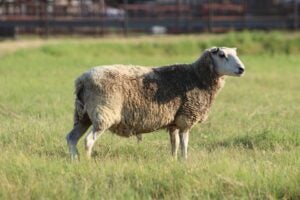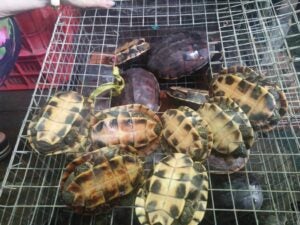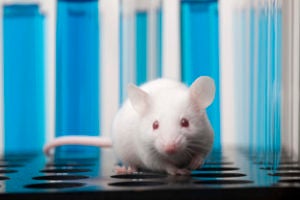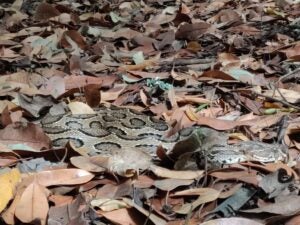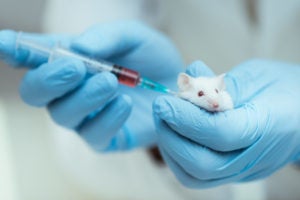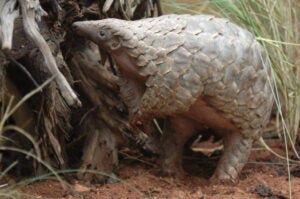
WASHINGTON—Under a new legal agreement, the U.S. Fish and Wildlife Service will decide whether pangolins, the world’s most trafficked mammals, should be protected under the U.S. Endangered Species Act.
The agreement, approved today by a federal judge, requires the agency to decide by June 2021. It responds to a petition and subsequent lawsuit filed by conservation groups to force the government to make a decision on pangolins and ultimately ensure the United States fully bans pangolin trade.
Pangolins, the world’s only scaly mammal, inhabit Asia and Africa. Pangolins are in grave danger of extinction. Their scales are in high demand in traditional Chinese medicine, and their meat is consumed as a delicacy in some Asian countries.
“It’s a relief to see the U.S. stepping up to protect these unique creatures from the international wildlife trade,” said Sarah Uhlemann, international program director at the Center for Biological Diversity. “Pangolins are on the razor’s edge of extinction, and we have to do our part to save these odd but charming animals. Listing pangolins as endangered would zero-out the U.S. market.”
Between 2004 and 2014, more than a million pangolins were illegally traded—an average of nearly 300 animals killed per day. Despite a 2017 ban on international commercial trade in pangolins, illegal trade has continued and likely increased: the largest seizure ever occurred in Singapore in 2019, representing tens of thousands of dead pangolins.
“We are pleased that the U.S. has committed to taking these long-overdue steps to protect pangolins, which remain mostly unprotected under the Endangered Species Act despite being pushed to the brink of extinction by poachers,” said Adam Peyman, wildlife programs and operations manager for Humane Society International. “Listing will strengthen the nation’s capacity to combat the domestic market for pangolin products, which contributes to poaching and trafficking worldwide.”
While most illegally sourced pangolins are destined for markets in China and Vietnam, a U.S. market remains. Authorities seized least 26,000 imports of pangolin products in the United States between 2004 and 2013, and a 2015 report by Humane Society International found “medicinal” products containing or likely to contain pangolin parts openly for sale online and at U.S. stores.
“For the last half decade, we have been fighting for increased protections for pangolins and urging the U.S. government to take action and responsibility. We’re pleased to see the light at the end of this tunnel. The Endangered Species Act is the strongest tool we have to stave off extinction of our most imperiled species. As the world’s most trafficked mammal, it’s past time pangolins were protected by this bedrock law,” said Angela Grimes, CEO of Born Free USA.
One pangolin species, the Temminck’s ground pangolin, is already protected under the U.S. Endangered Species Act. Under today’s agreement, the Fish and Wildlife Service commits to decide whether the other seven pangolin species should be treated as endangered by June 2021.
“The United States must not be complicit in the brazen trade of these innocent animals,” said Zak Smith, director of international wildlife conservation at the Natural Resources Defense Council. “As pangolins face extinction in the midst of a global biodiversity crisis, this is an important step. But to increase the pangolins’ chance of survival, the agency must follow the science and law, and ultimately grant pangolins protection under the Endangered Species Act.”
If pangolins are protected as endangered, the law bans import and interstate sale of pangolin parts in the United States, except for scientific or other conservation purposes. Listing would also heighten global awareness about pangolins and the threats they face and make funding available for anti-trafficking and habitat conservation efforts.
ENDS
Media contacts:
Nancy Hwa, Humane Society International and the Humane Society of the United States, (202) 596-0808, nhwa@hsi.org
Sarah Uhlemann, Center for Biological Diversity, (206) 327-2344, suhlemann@biologicaldiversity.org
Karen Lauria, Born Free USA, (917) 783-3480, karen@bornfreeusa.org
Daniela Arellano, NRDC, (310) 434-2304, darellano@nrdc.org

